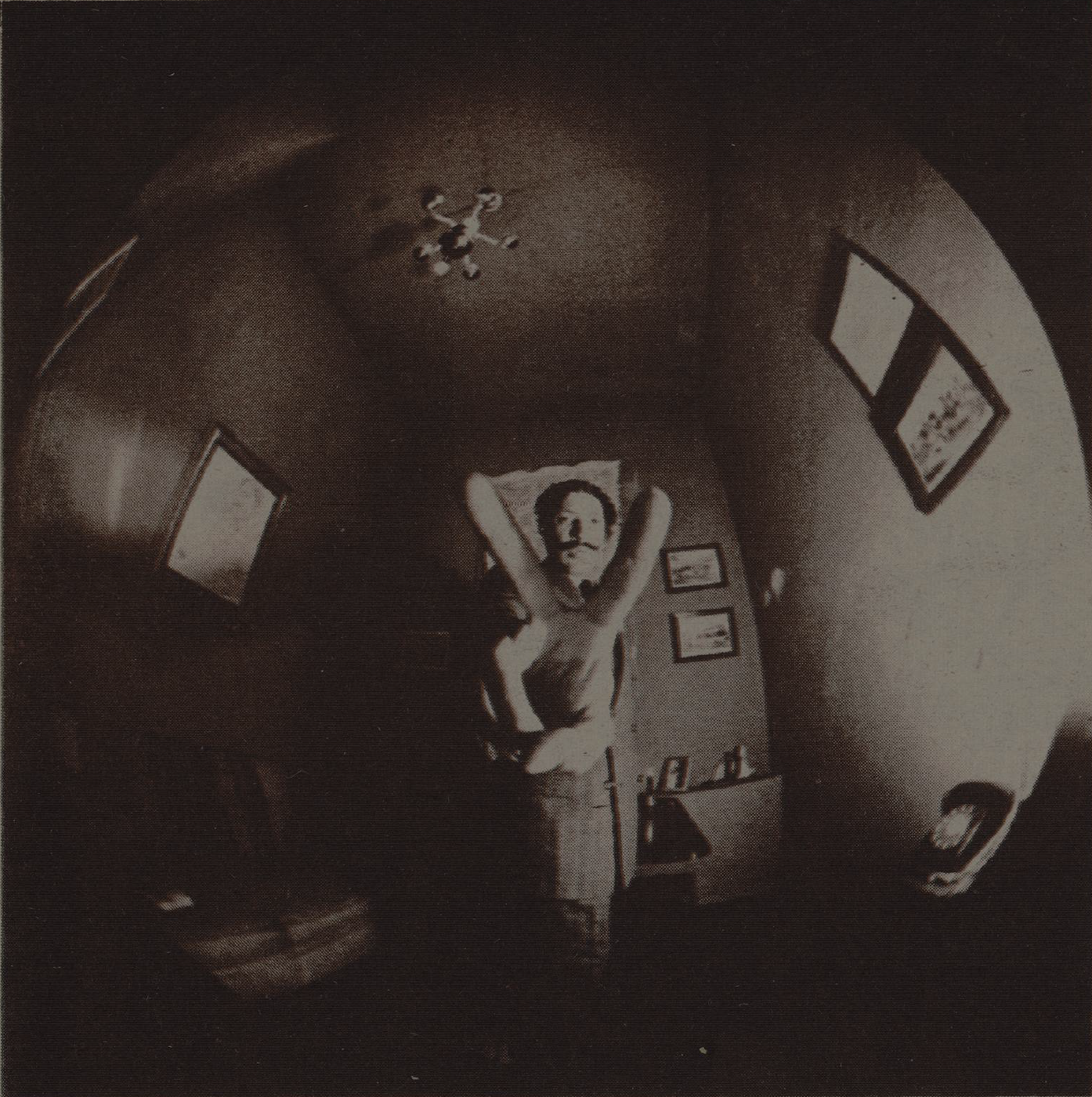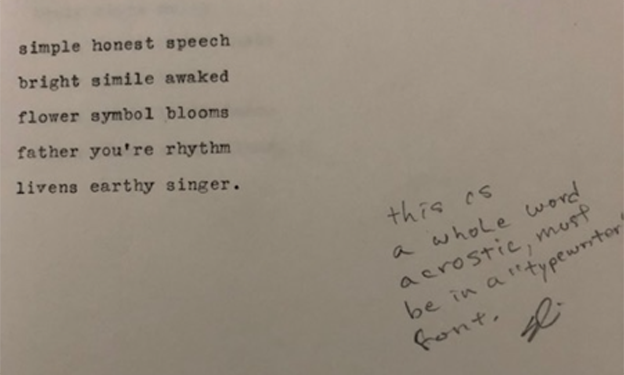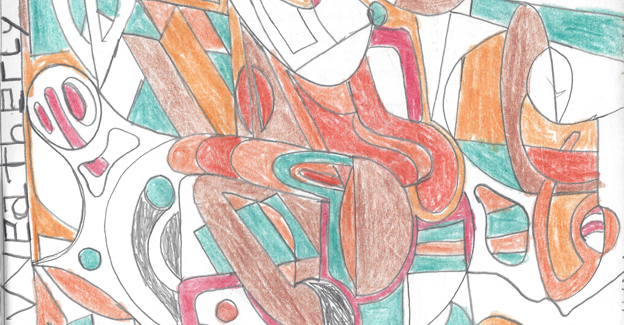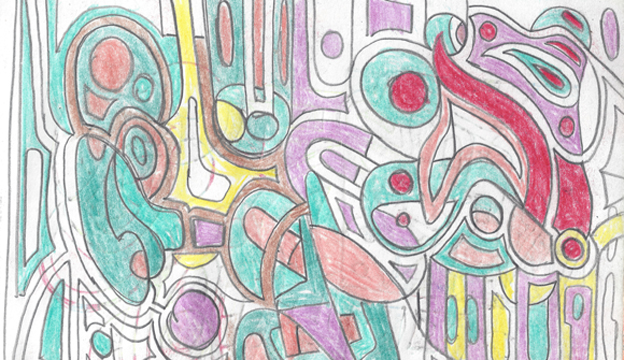David Grundy: 'mistish liftings'
N. H. Pritchard manuscript notes



Note: Weatherly published relatively little from the mid-1970s on, his occasional appearances in little magazines mainly making up the poems eventually printed in short history of the saxophone (2006).

I want to know every thing about the universe. I get a little pissed when I realize won’t live long enough, even a thousand years not enough time. I will learn what I can. — Tom Weatherly on Facebook

Victor Bockris: Why do you think so many young poets are writing short poems now?
Tom Weatherly: Imitating God.
Victor Bockris: Well, if we’re imitating God, why did poets used to write longer poems?
Weatherly: God in his old age is more succinct.
— Weatherly interviewed by Victor Bockris in 1974

Note: In 1970, Weatherly and Ted Wilentz coedited an anthology of African American poetry titled for the workshops Weatherly had been running from East Harlem for the past few years: Natural Process. A fixture on the New York scene, Wilentz and his brother Eli co-owned the Eighth Street Bookstore at 32 West 8th Street in New York.

Note: The uncollected texts printed here date from the same period as Tom Weatherly’s Maumau American Cantos (1970) and Thumbprint (1971), and include a number of additional cantos that were not published in the former collection.